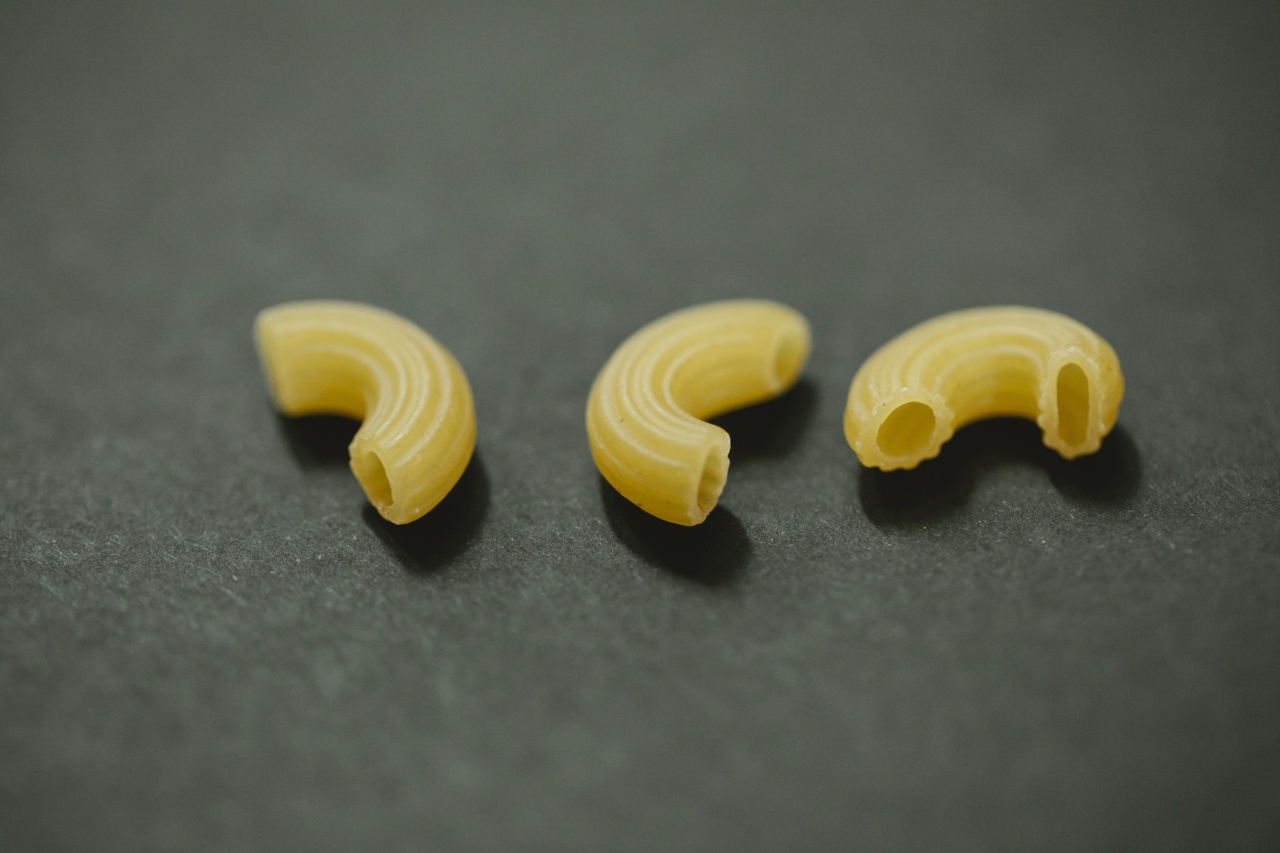Type 2 diabetes is a chronic condition that occurs when the body is unable to properly utilize insulin, resulting in high blood sugar levels. The condition is usually managed with a combination of medication, diet, and lifestyle changes.
Nutrition plays a crucial role in the management of type 2 diabetes. In this article, we will discuss three simple nutrition adjustments that can help people with type 2 diabetes manage the condition better.
Swap Refined Carbohydrates for Whole Grains
Refined carbohydrates are a type of carbohydrate that has been processed to remove the bran and germ, stripping the food of most of its nutrients and fiber. This includes white bread, pasta, and rice which many people rely on in their daily diet.
These foods can cause blood sugar levels to spike, which can be harmful to people with type 2 diabetes. Whole grains, on the other hand, are high in fiber, vitamins, and minerals, making them a much healthier option. Research has shown that consuming whole grains can help reduce blood sugar levels and improve insulin sensitivity.
Examples of whole grains include brown rice, quinoa, and whole-wheat bread. To make the transition to a whole-grain diet, start by replacing one or two servings of refined carbohydrates with whole-grain alternatives each day until you are eating mostly whole grains.
Include More Non-Starchy Vegetables in Your Diet
Non-starchy vegetables are high in nutrients and low in carbohydrates and calories, making them an excellent choice for people with type 2 diabetes. These vegetables include leafy greens, broccoli, cauliflower, peppers, and carrots.
They are high in fiber, vitamins, and minerals, which can help improve blood sugar control and overall health. Incorporating more non-starchy vegetables into your diet is easy. Simply aim for 2-3 servings of non-starchy vegetables at every meal. Try adding them to omelets, salads, or stir-fries for a healthy and delicious addition to your meal.
Limit Your Intake of Added Sugars
Added sugars are sugars that are added to foods during processing or preparation. This includes table sugar, high fructose corn syrup, and honey.
Consuming too much added sugar can cause blood sugar levels to spike, which can be harmful to people with type 2 diabetes. To manage the condition better, it is important to limit your intake of added sugars.
The American Heart Association recommends that women consume no more than 6 teaspoons of added sugar per day, while men should limit their intake to 9 teaspoons per day. To reduce your intake of added sugars, start by reading food labels and selecting products with no added sugar. And, when you do indulge in sweet treats, be sure to keep your portions small and limit your intake as much as possible.
Conclusion
While managing type 2 diabetes may seem challenging at first, making simple adjustments to your nutrition can make a big difference.
By swapping refined carbohydrates for whole grains, including more non-starchy vegetables in your diet, and limiting your intake of added sugars, you can help improve blood sugar control and overall health. Small changes in your diet can lead to significant improvements in your condition, so give these nutrition adjustments a try for a healthier, happier life.





























